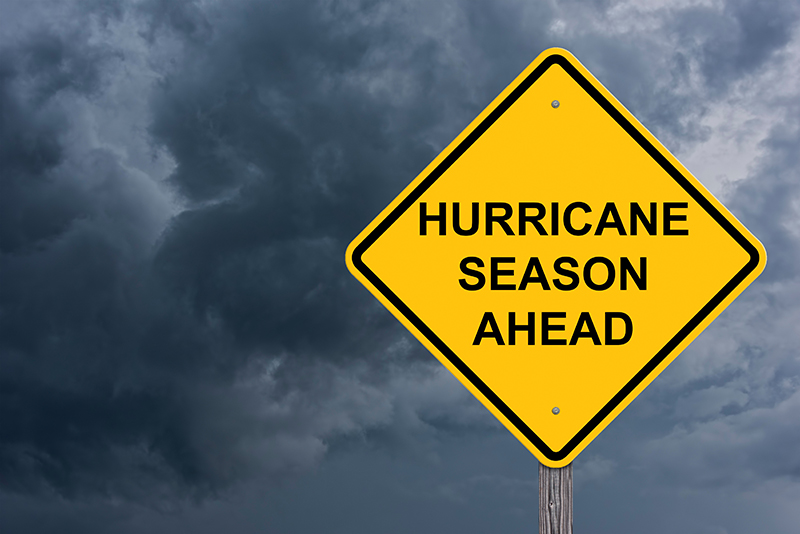4 Tips to Help You Keep Your Documents Safe in Case of Disaster
June 01, 2015 by Charla Suaste
With “hurricane season” officially kicking off on June 1st, the IRS has taken the initiative to remind taxpayers about the importance of protecting and preserving important documents, should disaster choose to strike. While many of us may not be directly affected by hurricane season, there are other types of disasters − such as earthquakes, floods, or fires – which have a similar capacity to severely alter each of our lives. Although it may not be necessary to live in continual fear of these unexpected events, it is always beneficial to be prepared for them.
When it comes to dealing with the IRS, there are several ways you can safeguard your documents, your property, and, most importantly, your life:
- Create copies of all records.
Many of us have our records stored in a variety of places. Some of them might be electronic − housed on the hard drives of our computers. Others may be stored in our smartphones for easy access. And for those of us who prefer things to be a little more old-fashioned, we may have stockpiles of paper documents scattered throughout our homes. But no matter what your preference is for document storage, it is crucial to have a back-up. If your important documents are mostly electronic, consider storing them on a secure external website. You could also print and store them in a heavy-duty container or storage unit in a locale that is separate from your property. If you typically prefer paper documentation, consider it crucial to have those hard copies scanned and stored in a secure electronic location. - Take pictures or video to document physical assets.
If anything did happen to your belongings, photographs and video records could help ensure that any loss claims will be handled fairly and efficiently. - Be mindful of emergency plans.
Most employers have emergency plans. Take time to review them and to ask necessary questions. Additionally, make sure to create your own personal emergency plan if disaster should arise outside of the workplace. Review the plan with family and/or friends on a yearly basis to make sure that “preparedness needs” are understood and agreed upon. - The IRS is there to help.
If you have been the victim of a disaster, the IRS has a variety of resources to help provide necessary assistance and relief.
For more information regarding this topic, please call the IRS or visit the Internal Revenue Service website at IRS.gov.





